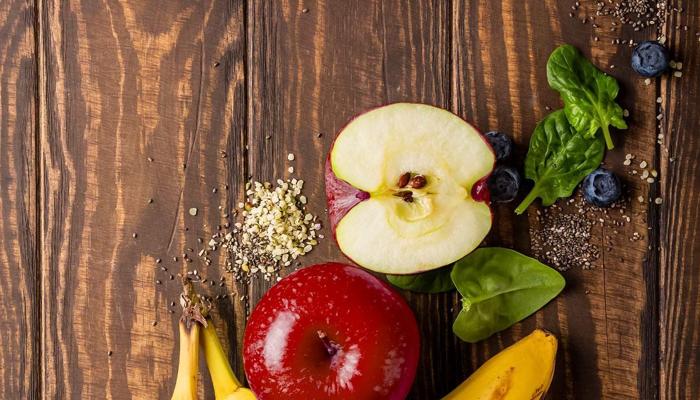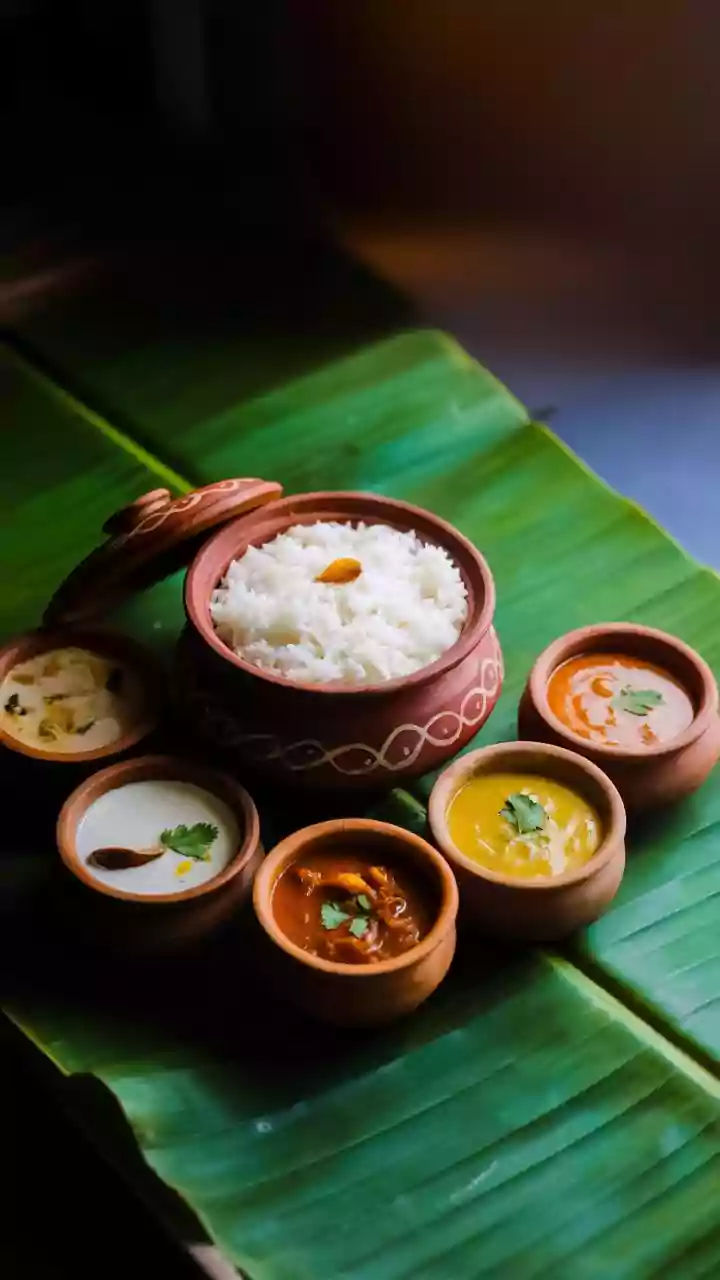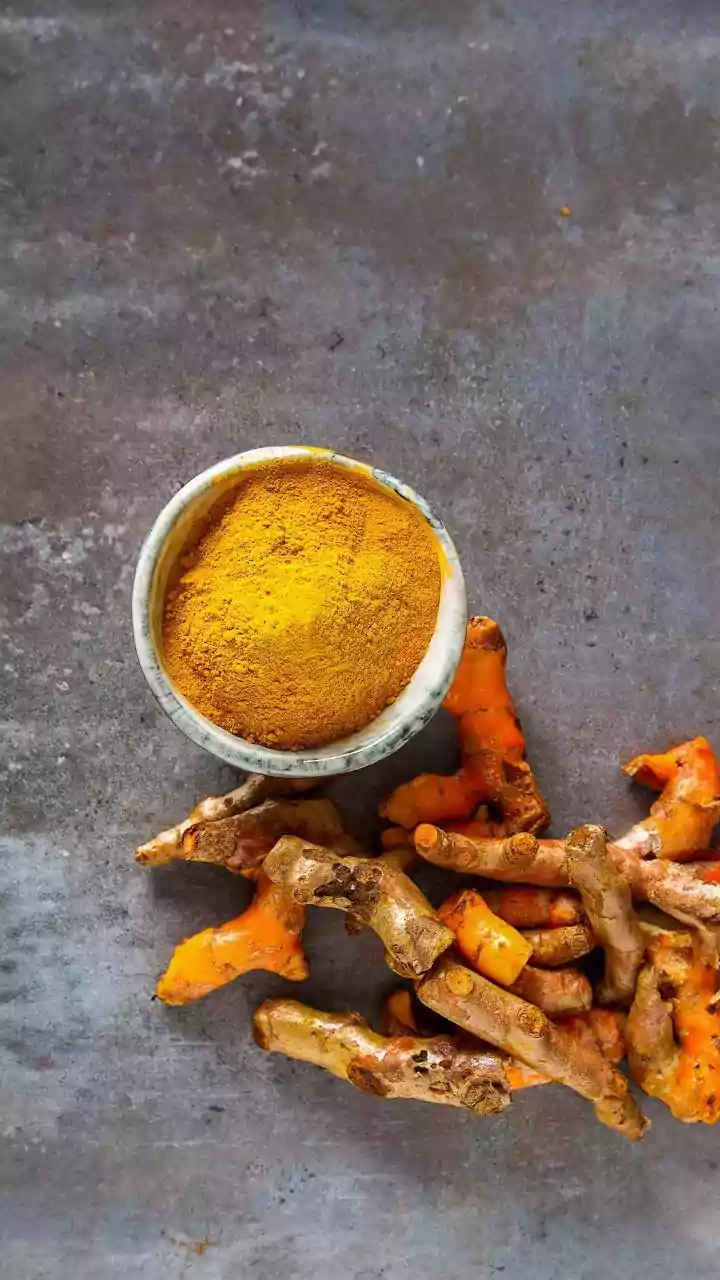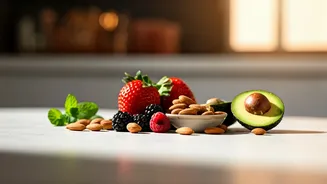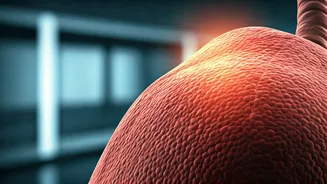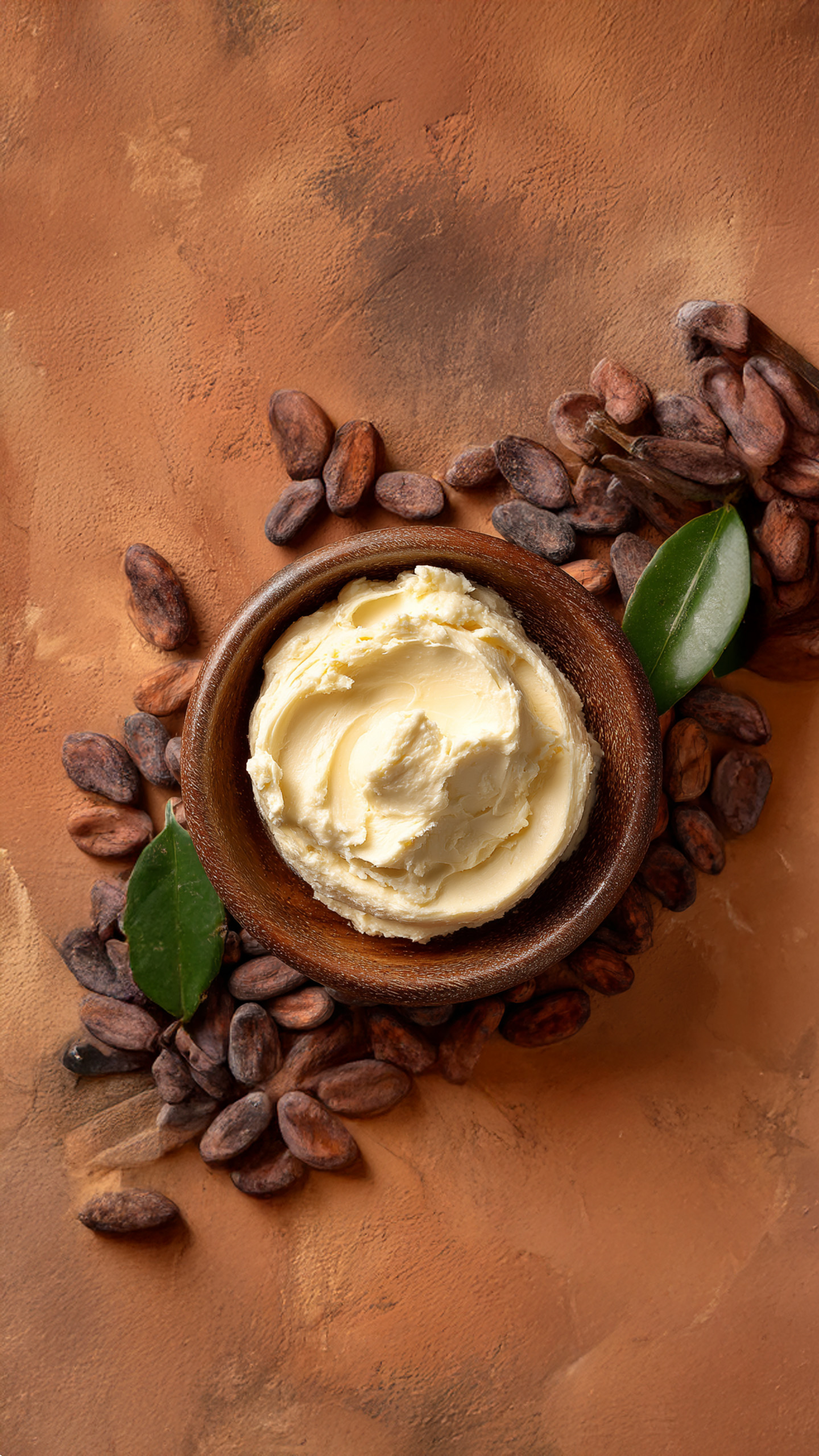Discover the secrets to a balanced diet for a healthier you! Dive into the six essential elements for a vibrant life
Namaste, readers! In today's fast-paced life, keeping healthy often takes a backseat.
We're all rushing, skipping meals, or grabbing whatever's easiest. But trust us, eating right is an investment in your future happiness and well-being.
A balanced diet is not about strict rules, but making smart choices. So, let's explore the six super-important parts of a healthy, balanced diet that will give you energy, keep you strong, and help you feel your best. Think of this as a lifestyle change, not a punishment!
We will guide you towards feeling more energetic and fresh everyday.
Carbohydrates: Your Body's Fuel
Think of carbohydrates as the petrol for your car engine. They are the main source of energy for your body, powering your brain, muscles, and all your daily activities. However, not all carbs are created equal! Choose complex carbohydrates over simple ones.
Simple carbs, found in sugary drinks and processed foods, give you a quick burst of energy followed by a crash. Complex carbs, on the other hand, provide sustained energy and are packed with fiber and important nutrients.
Good sources of complex carbohydrates include whole grains like brown rice, atta (whole wheat flour), and oats. These are also found in vegetables like potatoes and sweet potatoes, and legumes such as lentils and beans.
Including a variety of these options in your diet will keep you feeling full and energized throughout the day. Remember to balance your carbohydrate intake with other food groups for optimum health.
Proteins: The Building Blocks
Proteins are essential for building and repairing tissues in your body. They're like the construction workers, always on the job fixing things up and creating new structures. From your hair and nails to your muscles and bones, protein is a crucial component.
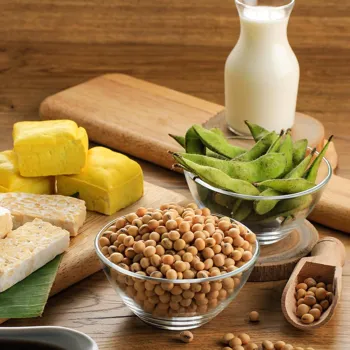
It also plays a vital role in creating enzymes and hormones that keep your body functioning smoothly. You don't need to eat large quantities of protein to meet your daily requirements. Including a moderate amount of protein-rich foods in each meal is a smart approach.
Excellent sources of vegetarian protein include lentils (dal), chickpeas (chana), kidney beans (rajma), tofu, paneer (Indian cheese), nuts, and seeds. These provide a good level of protein and keep you feeling full longer, reducing the need for other foods.
Don't forget to spread your protein intake throughout the day to maximize its benefits.
Fats: Necessary and Healthy
Fats often get a bad reputation, but they are actually essential for a healthy body! They are not the enemy. The key is to choose healthy fats and consume them in moderation. Fats play a vital role in hormone production, cell function, and the absorption of certain vitamins.
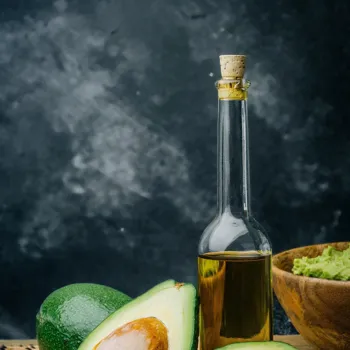
They also provide a concentrated source of energy and help you feel full. Avoid excessive intake of unhealthy fats such as trans fats and saturated fats, which are commonly found in processed foods and fried snacks. Instead, focus on incorporating healthy fats into your diet.
Excellent sources of healthy fats include nuts like almonds and walnuts, seeds like flax seeds and chia seeds, avocados, and olive oil. These fats provide essential fatty acids that your body cannot produce on its own. Enjoying these in moderation as part of your balanced diet will help you thrive.
Vitamins and Minerals: Tiny but Mighty
Vitamins and minerals are like the tiny helpers that keep everything in your body running smoothly. They are essential for a wide range of functions, from boosting your immune system to strengthening your bones. A deficiency in even one vitamin or mineral can lead to health problems.
Eating a variety of fruits and vegetables is the best way to ensure you get all the vitamins and minerals you need. Different colors of fruits and vegetables contain different nutrients, so aim to fill your plate with a rainbow.
Include leafy greens like spinach and kale, colorful fruits like mangoes and oranges, and a variety of vegetables like carrots and bell peppers. Consider consulting a doctor or registered dietitian to determine if you need any vitamin or mineral supplements, as well.
Focus on whole foods first and use supplements only as needed!
Fiber: Your Digestive Friend
Fiber is the ultimate digestive friend. It's like a broom that sweeps through your digestive system, preventing constipation and promoting regularity. Fiber also plays a role in lowering cholesterol levels and regulating blood sugar.
Most people don't get enough fiber in their diets, which can lead to a variety of health problems. Good sources of fiber include whole grains, fruits, vegetables, and legumes. Aim to include high-fiber foods in every meal.
Choose whole wheat bread over white bread, eat fruits with their skin on (when possible), and add beans and lentils to your soups and curries. Gradually increase your fiber intake to avoid digestive discomfort. The more fiber you eat, the happier your gut will be!
Don't forget to drink enough water to help the fiber work its magic. Your digestive system will thank you!
Water: The Elixir of Life
Water is absolutely essential for life! It's like the lifeblood of your body, transporting nutrients, removing waste, and regulating body temperature. Dehydration can lead to fatigue, headaches, and a host of other health problems. Aim to drink plenty of water throughout the day.

The amount of water you need depends on your activity level, climate, and overall health. A good guideline is to drink 8-10 glasses of water per day. Carry a water bottle with you and sip on it throughout the day. You can also get water from fruits and vegetables like watermelon and cucumber.
Avoid sugary drinks like sodas and juices, as they can actually dehydrate you. Listen to your body and drink when you feel thirsty. Staying hydrated is one of the simplest and most effective ways to improve your health and well-being.
